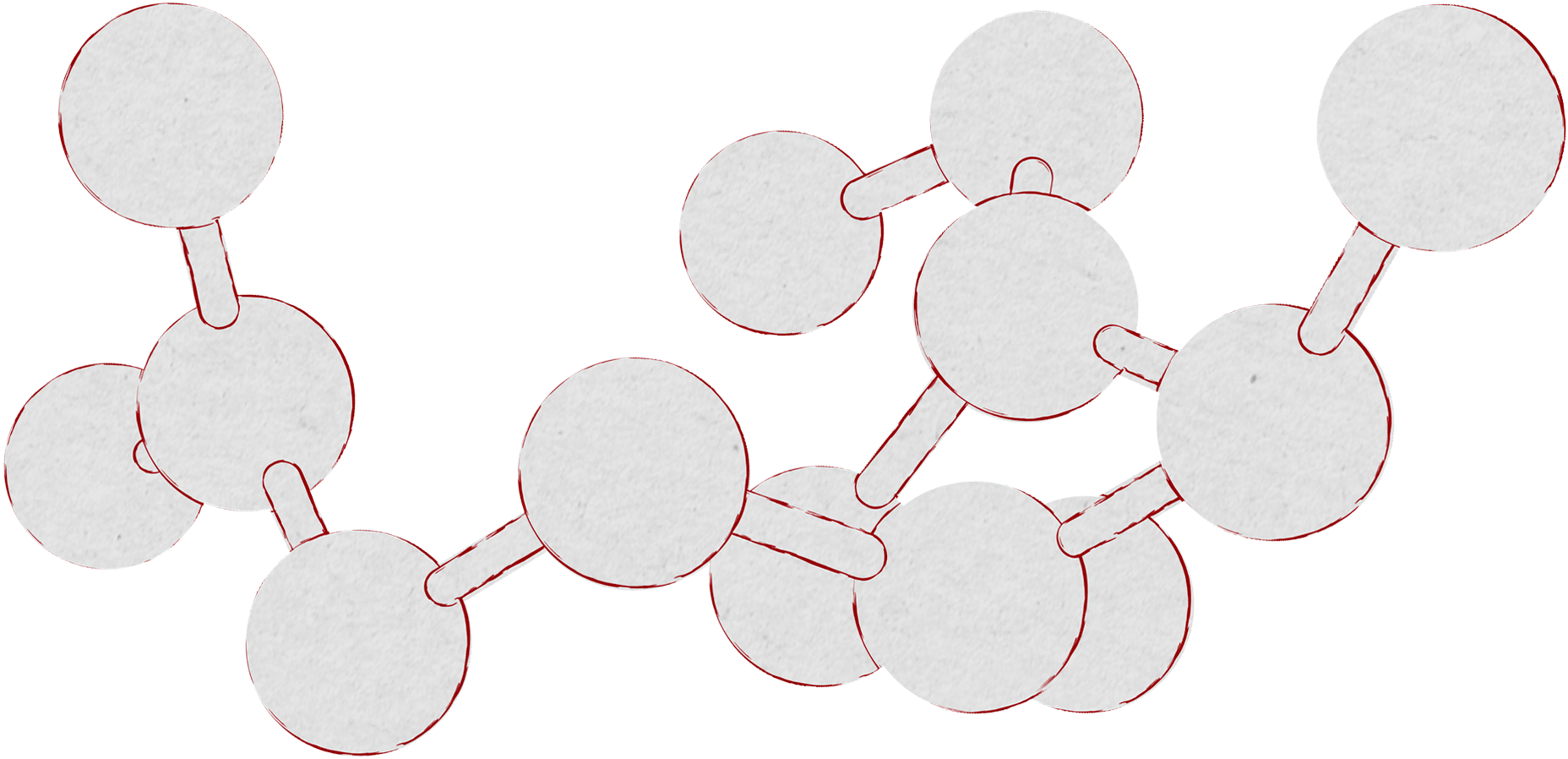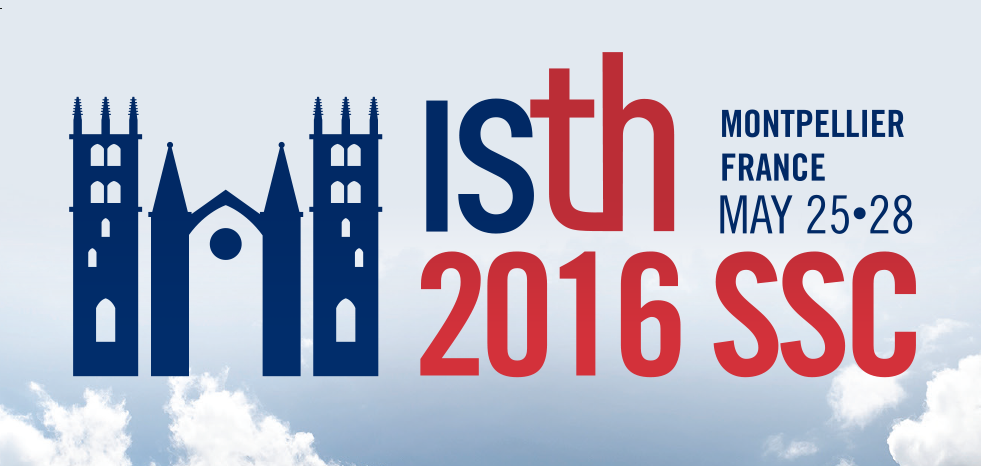
HISTORY OF HEPARIN
In 2006, it was 100 years since the discovery of the molecule which today saves more than 100 million lives per year. An exciting history with high hopes for the future regarding its new uses and developments, which at Bioiberica we feel proud to participate in.
2016: THE CENTENARY OF HEPARIN
Our history, that of Bioiberica, has always been linked to heparin. And it’s not every day we can celebrate that a medicine, still in widespread clinical use and saving more than 100 million lives each year, turns one hundred years old. If we also take into account that this drug is predominantly manufactured in Spain and exported to the rest of the world ensuring the highest quality and safety standards, the reasons for pride are even greater. This section contains information on the events and initiatives promoted by Bioiberica in 2016 to celebrate it.
INSTITUTIONAL ACT

On 17th June 2016, the centenary of the discovery of heparin was celebrated in Madrid with an event sponsored by His Majesty King Felipe VI. It was an institutional act, of a medical and scientific nature, to raise awareness of heparin and its clinical and social importance.
See More
In 2016, heparin celebrated the centennial anniversary of its discovery. To celebrate, the Pro CNIC Foundation and Bioiberica, in collaboration with Sanofi, Laboratorios Rovi, the Cotec Foundation for Innovation and Marca España, organized an institutional act of a scientific nature which included the participation of renowned speakers such as Dr. Valentí Fuster, Dr. Robert Daniel Rosenberg, the then Secretary of State for R+D+i, Carmen Vela, and Jorge Barrero, the then General Director of the Cotec Foundation for Technological Innovation.
Spain began producing the active ingredient heparin as early as 1975, year during which its clinical use became widespread, making Spain the main western producer since it produces 20% of all heparin that is administered worldwide.
The centenary celebration of heparin wanted to bring together all areas and agents related to the drug that prevents and treats thrombosis and saves around 100 million lives each year. The medical field, particularly cardiology -one of the specialties that has benefited most from the therapeutic use of the drug- was represented by Dr. Valentín Fuster and the Pro CNIC Foundation; innovation -since the molecule is the focus of several studies for new applications- by the Cotec Foundation; the main western producer of the active ingredient, the Global Life Science company Bioiberica; the world leader in the field of heparin and cardiovascular diseases, Sanofi; and the Spanish Rovi Laboratories.
Heparin is an essential drug for a large number of medical specialties such as general and vascular surgery, emergencies, traumatology, gynecology, oncology, hematology and cardiology, amongst others. It is also believed that modern medicine wouldn’t exist as we know it without it. Dr. Robert Daniel Rosenberg (M.D. Ph.D.), of Beth Israel Deaconess Medical Center (Boston, United States) and one of the leading experts in heparin declared that “as we investigate the functions that each part of the molecule performs we will discover new applications”. In this sense and despite having reached 100 years, heparin continues to be one of the essential medicines in medicine, especially modern surgery, and applications are being investigated in malaria, cystic fibrosis, the prevention of repeat miscarriages and oncological treatments.
CONFERENCE “THE PAST, PRESENT AND FUTURE OF HEPARIN”

In 2016, the International Thrombosis and Haemostasis Society (ISTH) held its annual meeting in Montpellier, dedicating the cultural and networking event to the centenary of the discovery of heparin.
See More
In 2016, the International Thrombosis and Haemostasis Society (ISTH) held its annual meeting in Montpellier, dedicating the cultural and networking event to the centenary of the discovery of heparin.
The conference was led by Dr. Coen Hemker, Professor Emeritus from the Cardiovascular Research Institute’s Biochemistry Department (University of Maastricht’s School of Medicine, The Netherlands).
Recent studies show there is no standard response to heparin treatment and that this must be adapted to each patient to further improve its efficacy and safety. “We have been able to confirm, by plasma analysis, that there are individuals on whom heparin barely has an effect and others who respond excessively to it”, declared Prof. Coen Hemker, biochemist and professor emeritus at the University of Maastricht.
For this reason, Prof. Hemker insisted on the need to administer personalized doses of the drug: “Heparin is a one-hundred-year-old medicine with a solid scientific basis and highly-proven efficacy and safety. But if administration were to be personalized based on the thrombin produced by each patient, its effect and safety profile would be further improved”.
This was the main conclusion of the lecture that Prof. Hemker gave at the International Thrombosis and Haemostasis Society’s Congress that took place in Montpellier (France), dedicated to the “Past, present and future of heparin” in celebration of the centennial anniversary of its discovery. The session, in collaboration with Bioiberica, was attended by nearly 1,000 people.





